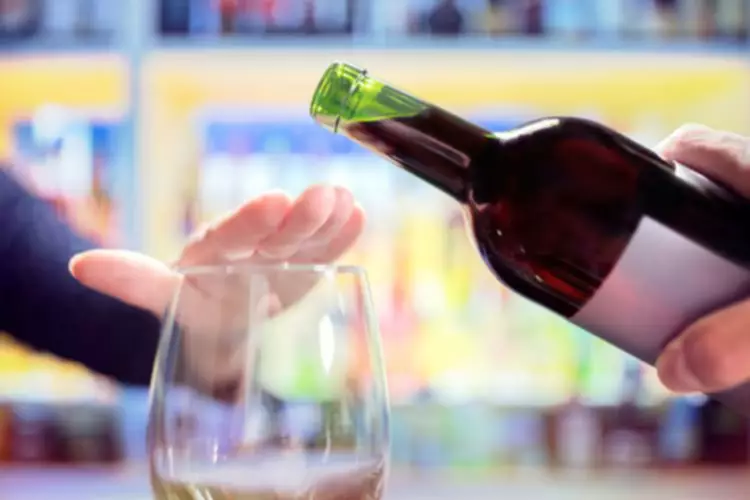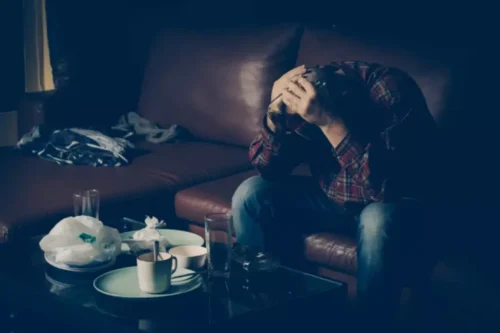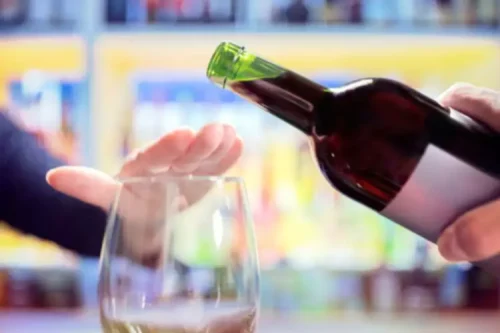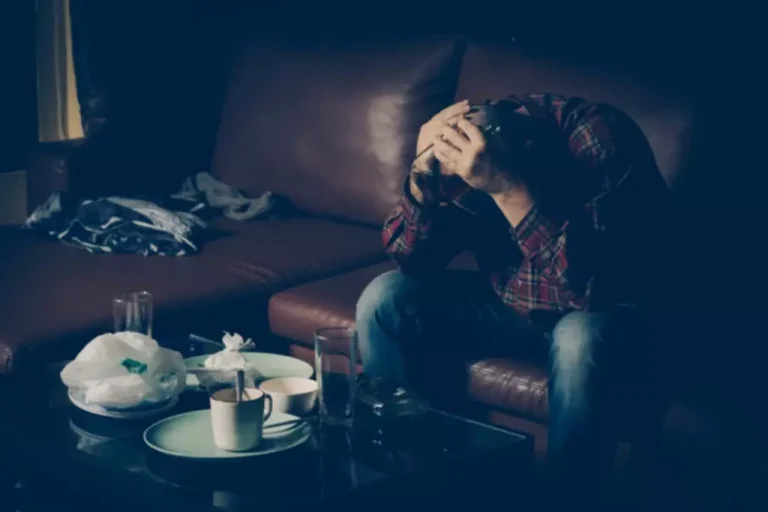What’s The Actual Difference Between Investing And Trading?
March 1, 2024Play 20,000+ Free Casino Games & Slots No download
March 6, 2024
In addition to these symptoms, shaking can occur, often linked to mild withdrawal from alcohol. This occurs as the body cues the nervous system to recalibrate after the sudden cessation of alcohol intake. Shaking typically manifests as tremors in the hands and can be indicative of the brain’s hyperactivity as it alleviates the depressant effects of alcohol. See your doctor if you’re not sure what’s causing your night sweats or if you have accompanying symptoms.
Alcohol Shakes & Tremors: Causes & What to Do
Many binge drinkers are familiar with the tremors that follow a big night out. Some people feel them all over, while others report that only their fingers or hands are affected. The more often you imbibe, the more likely you Drug rehabilitation are to experience these effects.
Lifestyle Quizzes

This is why some people who drink heavily may experience tremors, unsteady movements, or muscle spasms. The duration and severity of tremors can be influenced by the amount and frequency of alcohol use, overall health, liver function, general nutrition and whether you’ve experienced withdrawal before. They often come with a posse of other classic hangover symptoms, such as. It does this by increasing glutamate activity and decreasing GABA sensitivity, shivers after drinking hitting the gas pedal while releasing the brake. This rebound effect can lead to overexcitation in the brain, resulting in those familiar tremors. This means avoiding excessive amounts of caffeine and being mindful of how your body responds to coffee.
- Jesse Quaid is a Certified Alcohol and Drug Counselor- Certified Addiction Specialist (CADC-CAS) who works in the Intake, Insurance and Clinical Records departments at Elevate Addiction Services.
- Understanding the causes and treatments of hangover shakes is essential for alleviating discomfort and promoting recovery.
- “If tremors are a regular guest after drinking, it signals the need for action.”
- When drinking is suddenly stopped, the balance of these neurotransmitters is disrupted, leading to brain overexcitation.
- With their help, you can find out what is causing the shivering and get the treatment you need to make sure it doesn’t become a serious health issue.
Sobriety Is Not The Ultimate Goal. A Good Life Is.

Yes, you can still drink coffee if you get chills after consumption, but it may be worth taking steps to reduce the likelihood of experiencing chills. If you experience severe or persistent chills, it may be worth speaking with a healthcare professional to rule out any underlying medical conditions. Yes, it is normal to experience chills after drinking coffee, especially if you are sensitive to caffeine or have a low tolerance for it.
- Managing anxiety effectively involves implementing various techniques that promote relaxation before drinking any beverage.
- As a result of the lower calorie intake, the body compensates by lowering its temperature to save energy.
- Understanding the relationship between alcohol and chills is crucial for anyone who enjoys drinking responsibly.
- When a person stops drinking alcohol, they may experience nervous system effects such as tremors.
ou’re More Likely To Feel Anxious
According to the Mayo Clinic, alcohol poisoning can occur even if all of the above symptoms aren’t present. Having a hangover fever is not something that is actually happening and might signify other health issues. Additionally, the nervous system may respond by triggering a shivering reflex as the body attempts to generate warmth. This is a normal response, and while it can be uncomfortable, it usually resolves quickly as the body acclimates back to a stable temperature. As annoying as they are, hangover shakes aren’t immediately a cause for concern, says biomedical expert Dr Naheed Ali.
Charitable Care & Financial Assistance
In severe cases of dehydration, intravenous (IV) therapy might be necessary. This delivers fluids and electrolytes directly into your bloodstream for rehydration. When alcohol interferes with this process, it leaves you feeling “off” and more susceptible to the physical effects of a hangover, including the shakes. Since glucose is the primary energy source for your brain and body, low blood sugar causes a range of symptoms, including weakness, fatigue, and yes, those shaky hands.
What is the relationship between alcohol consumption and blood sugar levels?
But over time, excessive alcohol use leads to a decrease in natural GABA activity. So, when you stop drinking alcohol, the GABA receptors can’t do their job, and the central nervous system can become overactive.3 That’s when the shaking begins. The relationship between alcohol tremors and withdrawal syndrome highlights a significant risk for individuals who consume alcohol heavily and suddenly cease drinking.
How Many Drinks In 1 75 Liter Handle Of Liquor Updated 07/2025

This increase in heart rate and blood pressure can cause the body to release stress hormones, such as adrenaline, which can also contribute to feelings of coldness or chills. In conclusion, the sensation of chills after drinking coffee is a common phenomenon that’s likely caused by the stimulants present in coffee, particularly caffeine. While the exact cause is still unknown, research suggests that it may be related to the way our bodies respond to caffeine and other compounds in coffee. Finally, it’s a good idea to avoid drinking coffee on an empty stomach. This is because the caffeine in coffee may be absorbed more quickly on an empty stomach, leading to a greater sensation of chills.

What Is a Recovery Contract? How Do They Work?
- Alcohol shakes, or tremors, are a common symptom of alcohol withdrawal.
- Some methods involve fasting every day for 14–16 hours with an 8–10-hour eating window, while other methods involve alternate-day fasting.
- The tremors are caused by overactivity in brain areas responsible for motor control, such as the cerebellum.
- If you’re experiencing the above symptoms, seek immediate medical care.
- Your body temperature is likely within a normal range, but the sensation of feeling cold is a result of the physiological effects of alcohol on your blood vessels.
- It’s important to note that not everyone’s experience with alcohol withdrawal, or alcohol shakes and tremors, will be the same.
- When researching alcohol shakes, you may have also seen that a potential cause is the severe, sometimes deadly complication known as delirium tremens (DTs).
This physiological response indicates the nervous system’s readjustment to the absence of alcohol. But a feeling of cold accompanied by shivering, the body’s muscle spasms used to create heat, could be an indication of a more serious medical condition. Environmental conditions significantly impact how your body responds to alcohol. In colder settings, the risk of experiencing chills increases as your body struggles to maintain warmth while losing heat due to alcohol-induced vasodilation. Alcohol interferes with liver function and impairs its ability to release glucose into the bloodstream.
Camille brings a warm and personable approach to her work, fostering strong connections built on trust and empathy. Camille actively involves families in the recovery process, ensuring they are updated on their loved one’s progress and providing them with the tools to support their journeys. The delicate balance between GABA and glutamate is pivotal in understanding hangover shakes. Withdrawal symptoms can begin as soon as a few hours after your last drink or within several days.
Alcohol enhances a neurotransmitter called gamma-aminobutyric acid (GABA), which calms neural activity. It also reduces a neurotransmitter called glutamate, which prevents excessive brain stimulation. While those shakes are annoying, they’re usually temporary, and plenty of things you can do to feel better, like rehydrating, eating good food, and getting some rest. Regardless of what kind of prep your doctor prescribes, he or she should alert you as to the potential side effects.

